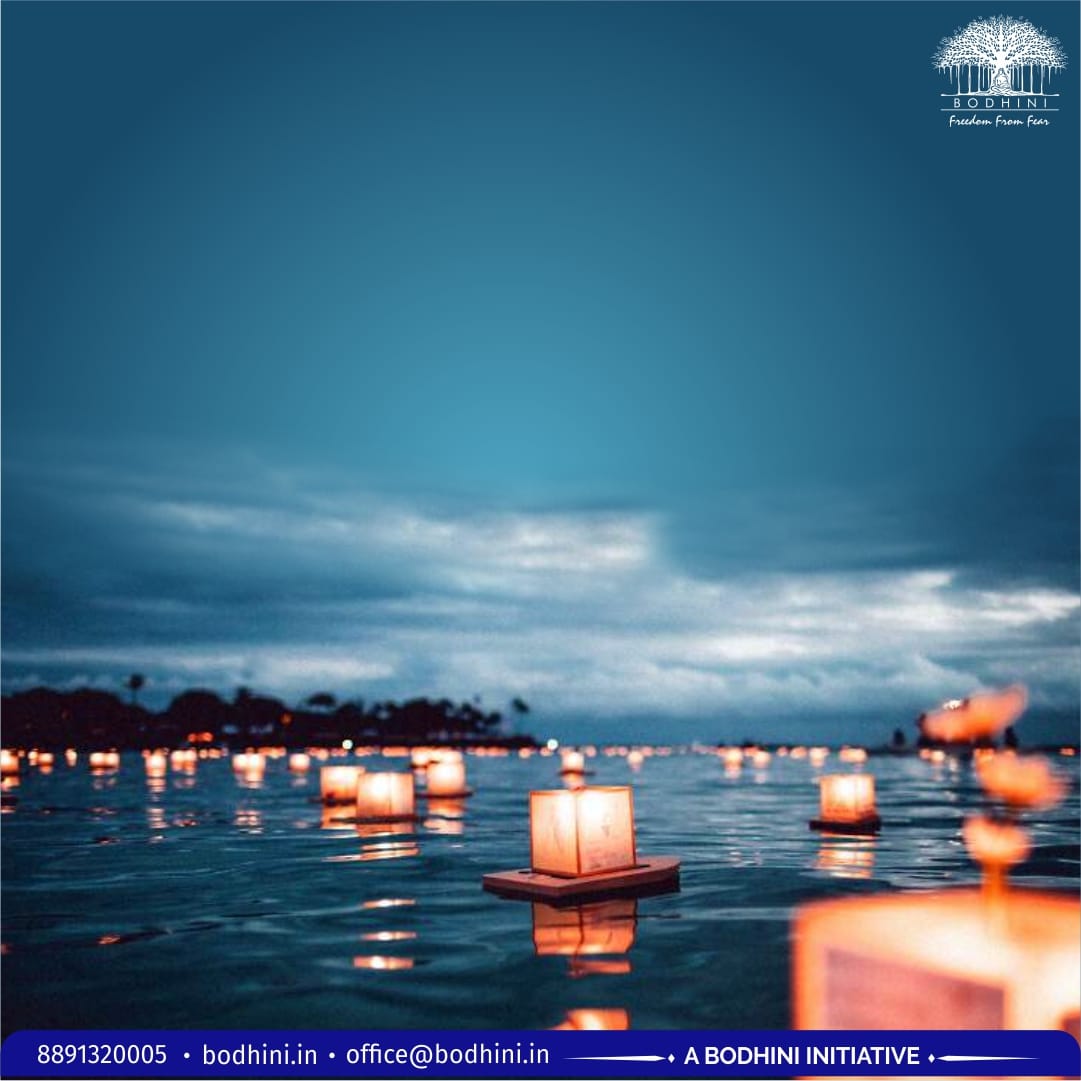Death, an inevitable aspect of the human experience, often evokes an array of emotions, from profound sorrow to confusion. In the Bahá’í Faith, teachings provide a framework for understanding life and death, forging a path toward healing following the loss of a beloved. This article delves into Bahá’í teachings on coping with the death of a loved one, presenting spiritual perspectives that illuminate the transitory nature of existence, the purpose of life, and the connection between the material and spiritual realms.
Understanding the Nature of Life and Death
Bahá’í teachings assert that life is a continuum wherein the physical world serves merely as a stage for spiritual development. The soul is viewed as eternal, embarking on an unending journey that commences with the physical birth and persists beyond death. This notion offers solace; death is not an end but a transformation. Accepting this concept can facilitate a perspective that encourages mourning to be intermixed with celebration of the loved one’s new spiritual existence.
The Duality of Existence
According to Bahá’í belief, humanity is inherently two-fold: the material and the spiritual. The material existence is transient, while the spiritual aspect is perpetual. When a person passes away, their spirit is liberated from the confines of the physical realm. This release can be viewed as a promotion to a new plane of existence, where souls are believed to exist in proximity to the divine. This understanding can be particularly comforting during periods of grief, as it provides the bereaved with a hopeful perspective of reunification beyond the corporeal world.
Continuity of the Soul
In grappling with loss, it is essential to comprehend that the soul continues its existence in the spiritual realm. The Bahá’í writings convey assurances that the departed are free from the tribulations of the material world. This belief in continuity fosters a sense of comfort and can inspire the living to cultivate virtues that honor the legacy of the deceased. For instance, embodying principles such as kindness, compassion, and love exemplifies the enduring connection to the lost loved one.
Rituals and Practices for Grieving
The Bahá’í Faith emphasizes the importance of commemorative practices, as they serve as vital mechanisms for processing grief. While traditional mourning rituals may differ across cultures, Bahá’ís generally observe the period of mourning, which lasts for one day following death. During this time, it is encouraged to reflect on the life and character of the deceased. Friends and family may gather to share stories, fostering a shared sense of remembrance and support.
The Bahá’í community also partakes in devotional gatherings that contribute to collective healing. Prayers and meditations are recited, creating an atmosphere conducive to the expression of feelings and the seeking of solace. Such communal practices can yield profound comfort, establishing bonds that transcend individual grief.
Transcending Grief through Service
Engaging in altruistic endeavors can be a remarkable avenue for coping with the death of a loved one. By channeling the emotional turmoil into acts of service, individuals often find healing and purpose. The Bahá’í teachings highlight the significance of serving humanity, promoting the idea that giving to others can alleviate personal anguish. Acts of kindness can manifest in numerous ways: volunteering, supporting friends in need, or advocating for social justice causes that resonate with the values of the departed. Such actions not only honor the legacy of the loved one but also embody the essence of spiritual fulfillment.
Acceptance and the Role of Faith
Acceptance of loss does not imply the cessation of love or remembrance; rather, it involves acknowledging the reality of death and allowing oneself to experience the accompanying grief. The Bahá’í teachings encourage believers to cultivate faith—a powerful tool for navigating the tumultuous emotional currents of loss. Through prayer and reflection, individuals can find reassurance in the divine plan, facilitating an attitude of acceptance. Faith offers a lens through which one can view death not as an arbitrary event, but as a necessary component of the divine blueprint of existence.
Creating a Lasting Legacy
One of the most potent ways to cope with loss is by creating a lasting legacy that honors the values and memories of the departed. Bahá’ís believe in the importance of remembrance, and as such, individuals are encouraged to establish initiatives that reflect the aspirations and ideals of the deceased. This could involve memorializing their contributions or establishing a scholarship in their name. Such actions can generate a sense of continuity, reinforcing the notion that while the physical presence may be gone, the impact remains deeply ingrained in the collective consciousness of loved ones.
Conclusion
Coping with the death of a loved one is a profoundly personal journey that can be enriched through the insights provided by Bahá’í teachings. By embracing a holistic understanding of life and death, participating in communal rituals, engaging in service, and fostering acceptance through faith, individuals can navigate the labyrinth of grief with resilience and grace. The promise of an eternal soul grants hope for reunion and provides a framework for honoring the memory of those who have transitioned into the spiritual realm—a testament to the indomitable spirit of love that transcends even the boundaries of mortality.
